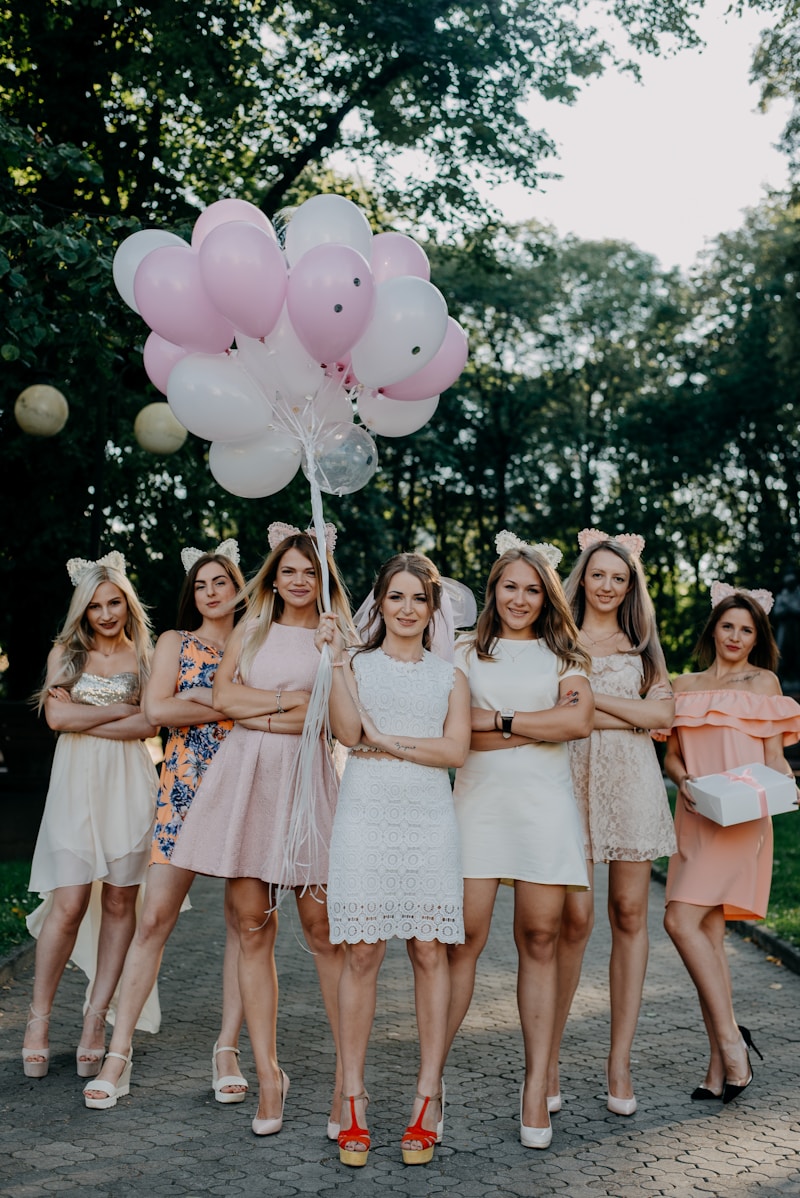Understanding Fabric Types for Wedding Dresses: A Comprehensive Guide
Planning your dream wedding involves numerous details, and one of the most crucial elements is choosing the right wedding dress. The fabric type plays a significant role in the overall look, feel, and comfort of the gown. In this article, we will explore various fabric types for wedding dresses, helping you make an informed decision that aligns with your vision for the big day.
The Importance of Fabric in Wedding Dresses
The fabric you choose for your wedding dress can affect everything from the silhouette to the drape and movement of the gown. Understanding different fabric types enables brides to select materials that not only match their personal style but also the theme and season of their wedding. For instance, lighter fabrics may be more suitable for summer weddings, while heavier fabrics might be ideal for a winter celebration.
Common Fabric Types for Wedding Dresses
Here’s a comprehensive list of popular fabric types used in wedding dresses:
| Fabric Type | Characteristics | Best For |
| Satin | Luxurious, smooth, and with a slight sheen. Offers a structured look. | Formal weddings, evening ceremonies. |
| Chiffon | Lightweight, flowing, and slightly sheer. Provides a romantic vibe. | Beach weddings, outdoor ceremonies in spring and summer. |
| Lace | Intricate, delicate, and textured. Often used for overlays. | Vintage-inspired weddings, elegant ceremonies. |
| Tulle | Soft, airy, and often used for skirts or overlays. Creates a whimsical effect. | Fairy-tale weddings, ball gown styles. |
| Organza | Stiff, sheer, and lightweight. Often used for layers and volume. | Formal weddings with a dramatic flair. |
| Silk | Soft, luxurious, and smooth. Drapes beautifully for a classic look. | Elegant evening weddings, timeless designs. |
| Crepe | Textured, light, and with a slight stretch. Provides a flattering fit. | Modern, sleek weddings. |
Choosing the Right Fabric for Your Wedding Dress
Consider the following factors when selecting the fabric for your wedding dress:
- Season: The time of year can greatly influence your choice of fabric. For example, lighter materials like chiffon and tulle are ideal for summer weddings, while heavier fabrics such as satin and velvet are suited for winter ceremonies.
- Comfort: Your wedding day is a long event, and comfort should not be compromised. Consider how breathable the fabric is, especially if you’re getting married in a hot climate.
- Body Type: Different fabrics complement various body types. For example, structured fabrics like satin are great for creating elegant silhouettes, while flowing materials like chiffon can provide a more relaxed fit.
- Personal Style: Your dress should reflect your personal style and the overall theme of the wedding. Think about whether you want a traditional look with lace or a modern vibe with sleek satin.
Popular Wedding Dress Styles and Their Ideal Fabrics
Understanding which fabrics pair best with popular wedding dress styles can guide your decision-making:
- A-Line Gown: Typically works well with most fabrics, but satin and lace are particularly popular for a classic look.
- Ball Gown: Heavier fabrics like taffeta or organza provide the volume and structure needed for a dramatic ball gown silhouette.
- Mermaid Dress: The curve-hugging fit of this style is complemented well by fabrics like crepe or silk that offer stretch and movement.
- Sheath Dress: Lightweight fabrics like chiffon or silk work best for this streamlined silhouette, providing elegance without bulk.
Additional Considerations
Choosing the right fabric involves more than just aesthetics. Here are some additional factors to consider:
- Maintenance: Consider how easy the fabric is to clean and maintain, especially if your wedding is expected to include outdoor elements.
- Budget: High-quality fabrics like silk can be more expensive, so it’s essential to ensure that the fabric fits within your overall budget for the wedding dress.
- Customization: If you’re having a gown custom-made, discuss fabric options with your designer. They can provide valuable insights into which materials will work best for your design.

Conclusion and Final Recommendations
Choosing the right fabric for your wedding dress is a vital part of your wedding planning process. It affects not only the appearance of the gown but also your comfort and experience on your special day. Take the time to consider the various types of fabrics and their characteristics, as well as how they align with your wedding style and season. Remember to keep your comfort and personal style as top priorities. Research and consult with bridal experts to ensure that the dress you choose is one that you will cherish and feel beautiful in as you walk down the aisle.
In summary, understanding fabric types for wedding dresses allows you to curate a look that reflects your vision while ensuring comfort and style on your big day. Take note of the trends, seek expert advice, and most importantly, trust your instincts when making the final decision. Happy wedding planning!